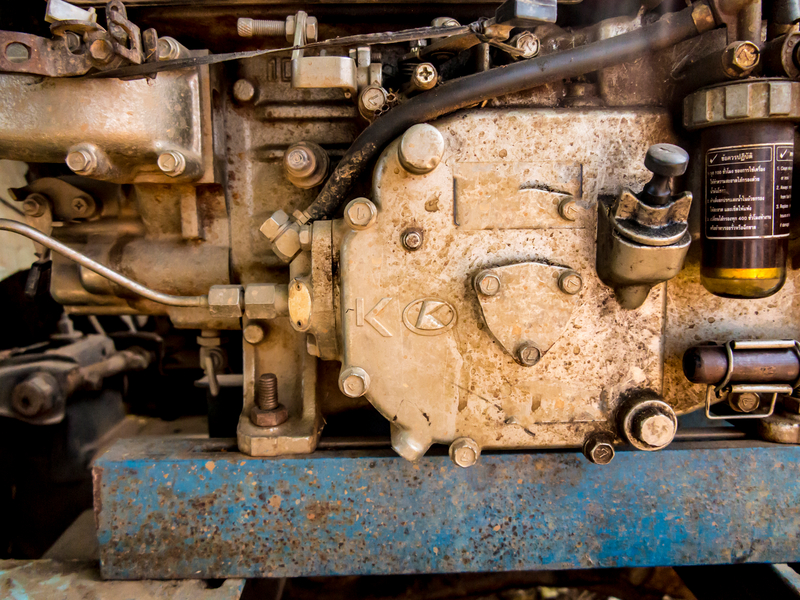
As all professional auto mechanics know, preventative maintenance is extremely important when it comes to making sure a vehicle runs properly and safely. Oil changes and tune-ups are services vehicle owners rarely miss. However, many vehicle owners consistently forget to keep their coolant mixture well topped off—despite the fact that it’s easy for them to do at home.
Coolant is a mixture of antifreeze and water that keeps a vehicle’s engine running at a consistent temperature, even in extreme hot or cold weather conditions. If a vehicle has insufficient coolant levels and is put under any sort of strain, it will likely break down and cause a huge inconvenience to the vehicle’s owner.
As an aspiring automotive professional, you can help prevent this problem by educating your future clients on why it’s important for them to maintain their coolant levels. Keep reading to discover three reasons you can list about the importance of coolant!
1. Students in Car Repair Training Should Know Coolant Prevents Overheating
The most common and well-know reason coolant is important is because of its cooling properties. To make coolant, you combine water and antifreeze in a 50/50 ratio. As you will learn during your auto repair training, this mixture alters the boiling point of the liquid, making it much higher than it normally would be. As a result, it can withstand and still effectively absorb high temperatures.
When the engine is running, it creates kinetic energy to power the car. However, some of this energy goes to waste and ends up turning into heat. This heat cannot just be left to fester in the engine, as it would wreak havoc on the internal temperature and cause the vehicle to malfunction. Coolant captures the heat, dissipates it, and carries it away from the engine. This process works using a pumping system that pumps the coolant mixture throughout the engine, which absorbs the heat and then carries it to the radiator. The radiator helps cool the liquid through its constant intake of cooler outside air. Through this process, the coolant returns to a normal temperature and is then pumped through the engine again.

2. Students in Auto Repair Training Should Know Coolant Prevents Freezing
Just as coolant helps to prevent overheating, the same mixture helps to prevent freezing. The antifreeze in the coolant mixture also lowers the liquid’s freezing point, making it able to absorb colder temperatures without freezing. This is extremely important in areas of Canada that have harsh winters. Without coolant, the engine would not be able to start or run properly.
Once you graduate from car repair training, you can provide sound advice to your clients. It is essential for you to let your future clients know that keeping up their coolant levels is important year-round. Many people assume coolant is only important in the summer, but you’ll know this is far from the case.
3. Students in Auto Repair School Should Know Coolant May Prevent Corrosion
Many anti freeze mixtures are equipped with properties that help prevent rust and corrosion. The additives can help ensure corrosion doesn’t affect areas of the engine like the water pumps and engine blocks. However, it is important to know that old coolant mixture may actually cause rusting in the engine. In order to take advantage of its anti-rusting properties, the coolant mixture needs to be kept fresh and topped up to proper levels.
Periodically flushing the system and adding all-new coolant can help ensure no rusting occurs. Vehicle owners should also make sure the volume of coolant is kept at the recommended level. When providing advice to your clients, you should let them know that if they notice their coolant is becoming brown, sludgy, or has particles in it, they should replace it immediately.

Are you interested in enrolling in auto repair school?
Contact an advisor at CATI today to get started!
